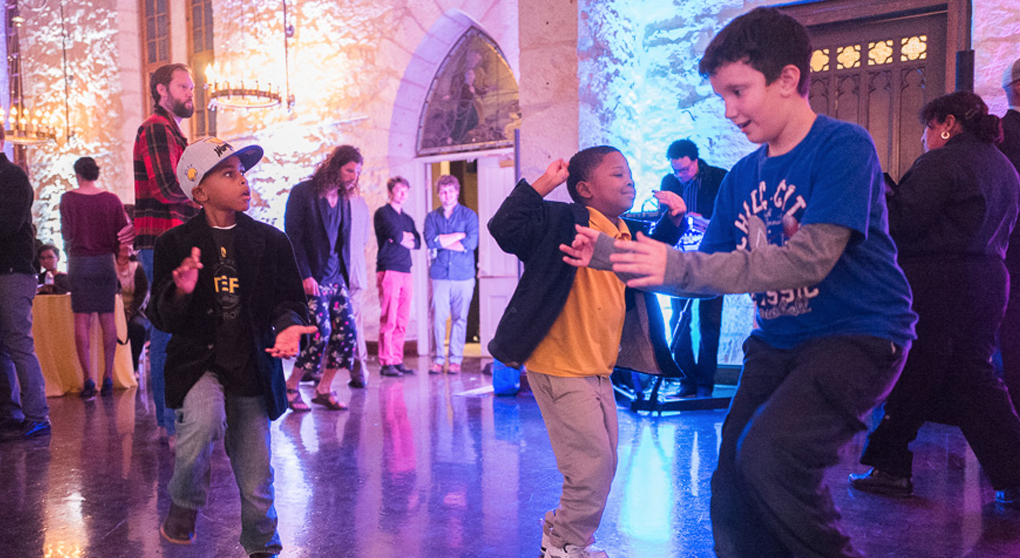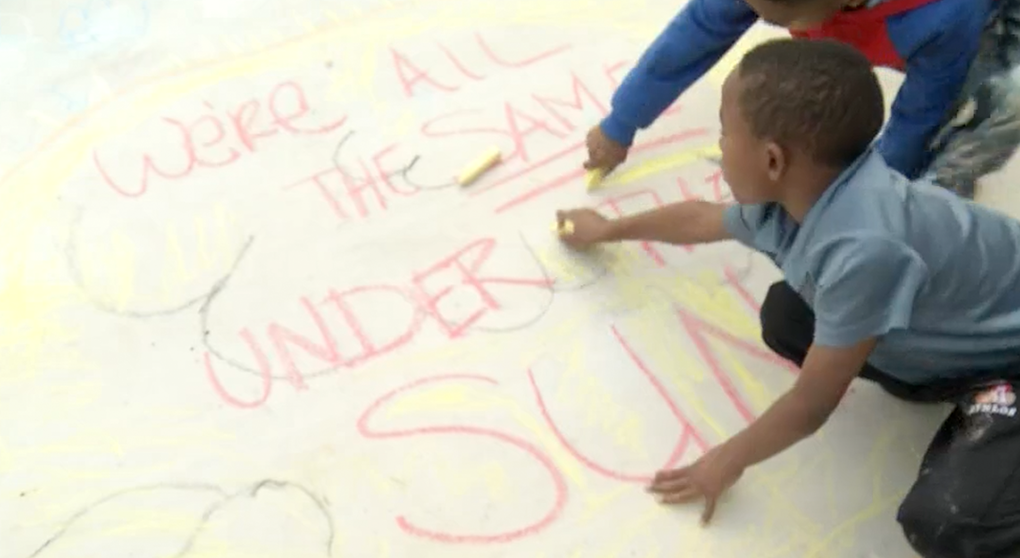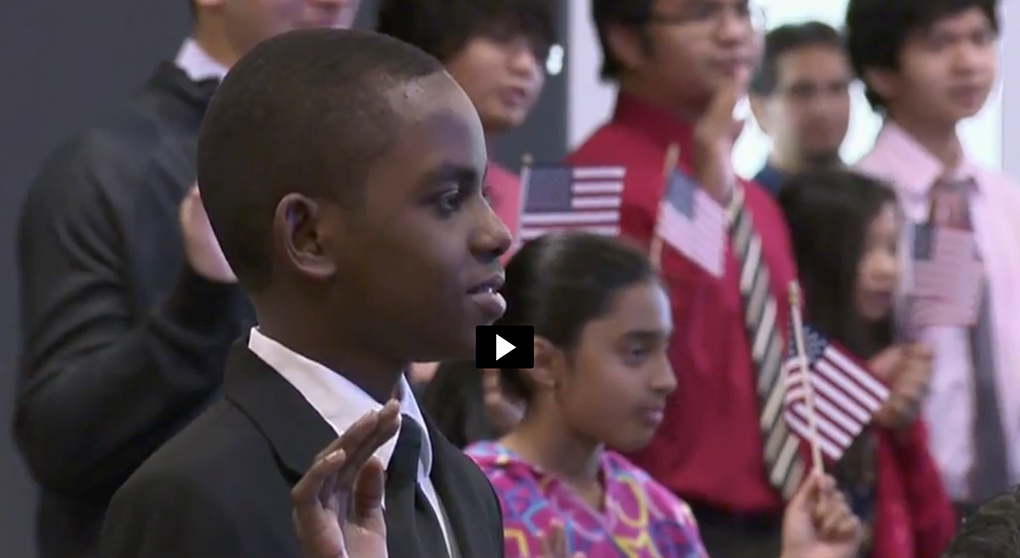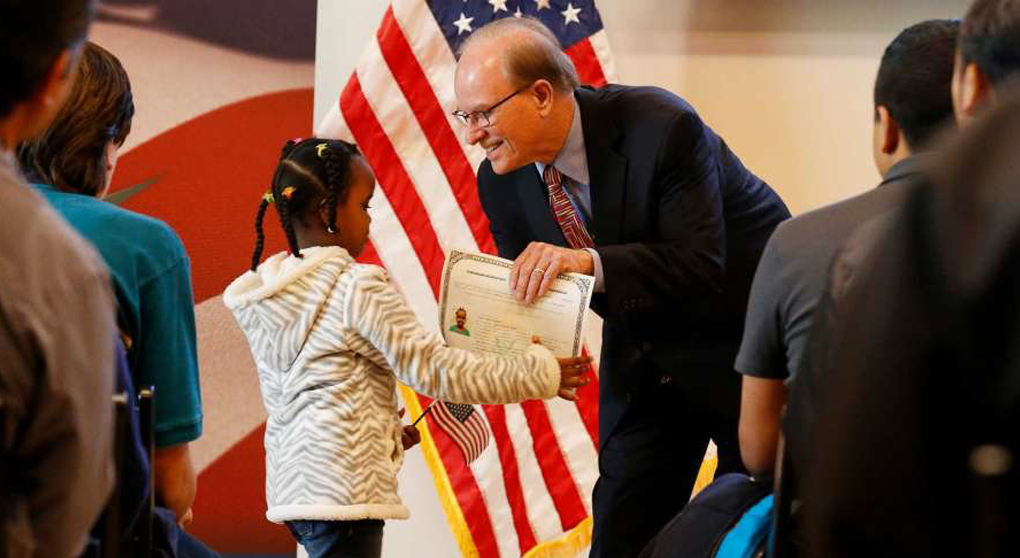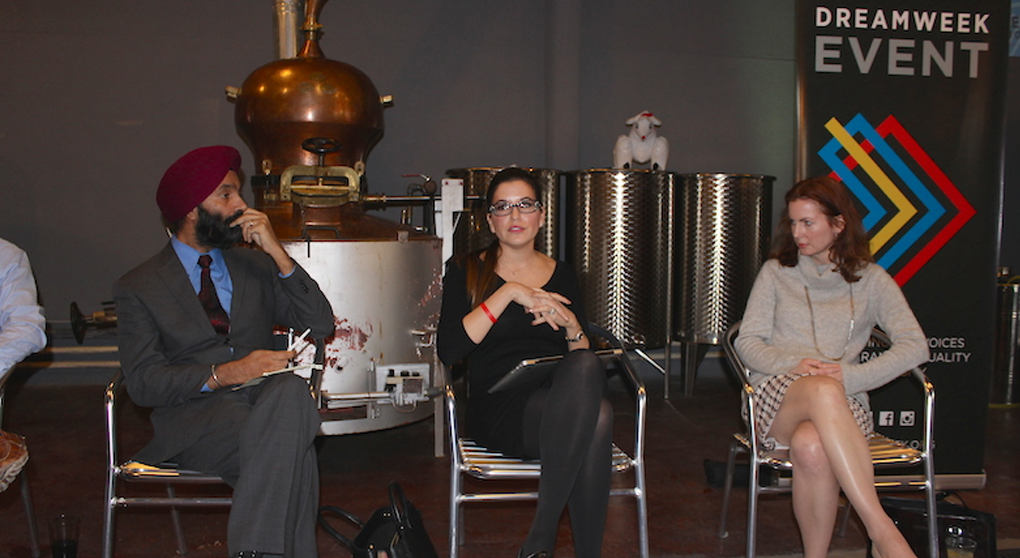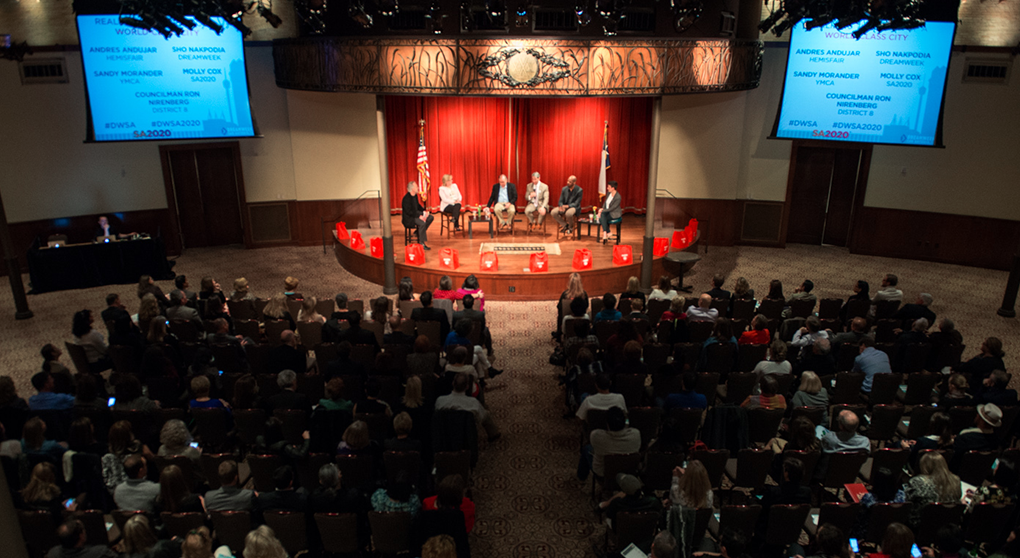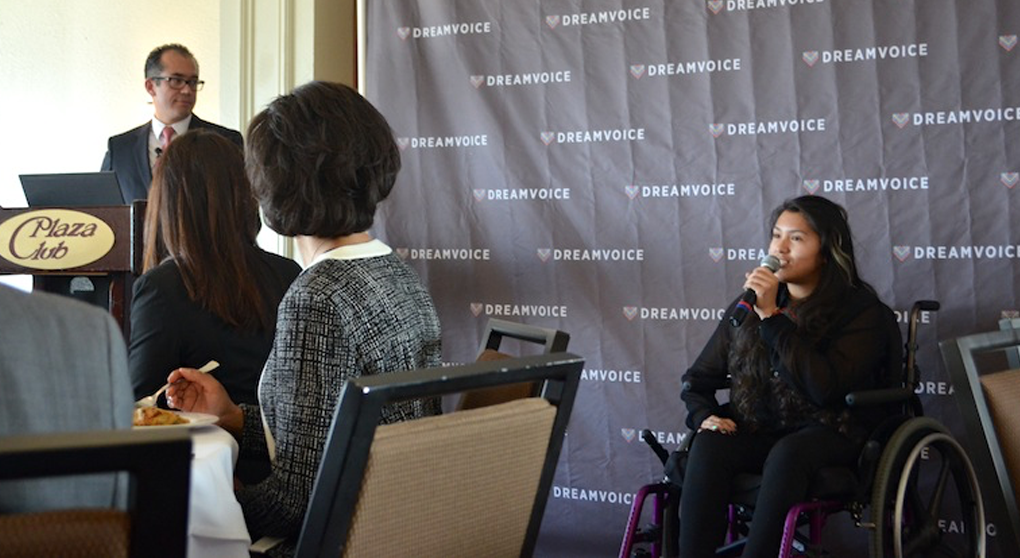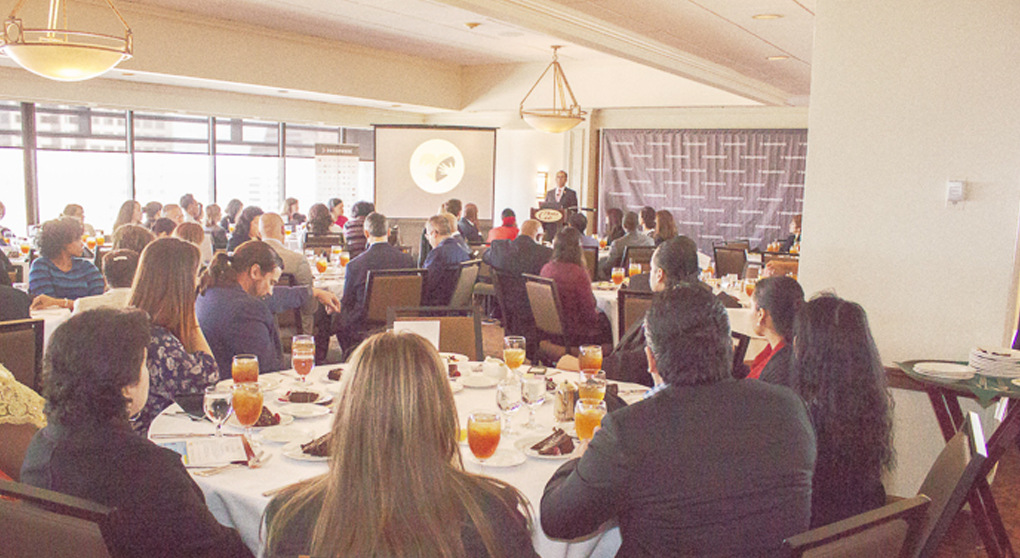On a not-so-typical Friday night at the Dorćol Distilling Company on South Flores Street, the sound of bartenders working cocktail shakers and pouring icy drinks punctuated an earnest panel discussion hosted by Delta Risk LLC on cybersecurity and the cyber industry. “Cybersecurity in the Social Realm“ gathered local cyber professionals during DreamWeek to discuss topics ranging from common cybersecurity threats and workforce development to diversity.
Delta Risk’s Brian Dillard moderated the panel and introduced the first major topic, cybersecurity threats. Despite taking precautions on the Internet, many people are unaware of the cybersecurity risks in using a cellphone.
“At some point in your life, you are going to get your data hacked. What’s important is how you protect yourself against these risks and how you respond to the threat,” said Debra Innocenti, Internet & technology attorney at Strasburger & Price LLP,
Of keen interest to the audience was technology workforce development and ways to help San Antonio nurture its tech talent pool.
“For local students, there’s a huge gap from college graduation to an entry-level tech position. Despite local resources like Codeup that transition, it is still rough for many,” said Marina Gavito, executive director of TechBloc.
Will Garrett, director of Cyber Security SA at the San Antonio Chamber of Commerce, spoke about CyberPatriot, a National Youth Cyber Education Program. At its core is Cyber Competition, pitting teams of high school and middle school students across the nation against one another as each team manages the network of a small company. Each team’s mission is to find cybersecurity vulnerabilities while maintaining services under a series of increasingly difficult challenges.
From left: Silotech Group President and CEO Tiffany Tremont, Cyber Security SA Director Will Garrett, and Bestica President Harvinder Singh take part in a cybersecurity panel discussion. Photo by Iris Gonzalez.
From left: Silotech Group President and CEO Tiffany Tremont, Cyber Security SA Director Will Garrett, and Bestica President Harvinder Singh take part in a cybersecurity panel discussion. Photo by Iris Gonzalez.
“The best performing (CyberPatriot) teams tend to be in the poorest school districts in San Antonio,” Garrett said. “At Holmes High School, all it took was one dedicated teacher who helped a student gain some certifications. Rackspace hired him straight out of college. When that one student returned to talk to the high school students, he was a role model, someone they once knew as an upperclassman now driving a leased Audi with a great job at Rackspace. Mentoring is a long-term play, but it can and does work to help pull others along the path.”
Innocenti said Israel ranks globally as a leader in tech startups after the U.S., with much of that startup activity found in Tel Aviv. One way Israel accomplished this was with its ambitious campaign to encourage Jewish mothers to stop telling their children to go to college to become doctors and lawyers.
“It took a concerted effort to explain to Jewish mothers that the future of Israel depended on today’s youth pursuing innovative tech careers,” said Innocenti.
Educating parents on the importance of supporting STEM education and careers for their children can go a long way toward creating a local talent base, panelists agreed.
“Nontraditional education (such as certifications) is also beneficial,” said Tiffany Tremont, president and CEO of Silotech Group. “I think it will play a major role in the future, especially as an option for those who are not interested in nor cannot afford college.”
Social skills will be crucial for San Antonio’s future workforce.
“We need to think about how we can help students develop needed social skills — ones crucial for leadership, communication, team building,” said Harvinder Singh, president of Bestica. “How can we develop these skills if they are too busy playing on their cell phones watching YouTube videos?”
People packed Dorćol Distillery for the cybersecurity panel. Photo by Iris Gonzalez.
People packed Dorćol Distillery for the cybersecurity panel. Photo by Iris Gonzalez.
Building a more diverse tech workforce by encouraging more women and minorities to pursue a tech career also was the subject of discussion on what might have been the most diverse tech panel many in the audience had experienced. The STEM workforce, however, has not grown more diverse over the past decade. Women and minorities remain underrepresented in a field while older white males still are dominate both worker and management ranks. The U.S. needs to build a more educated, innovative workforce that reflects the diversity of our population, panelists agreed.
“We need to become a more pluralistic image of what people in tech look like,” Innocenti said.
“The demographic in San Antonio now is roughly what the U.S. population will look like in another 25 years,” Garrett pointed out. “If you want to help students in middle school and high school gain access to STEM opportunities to learn tech skills, join your local school board. You can help influence changes to your school district’s curriculum to expose them to those skills needed for a tech future.”
Panelists closed the discussion by offering suggestions on how San Antonio might become more tech friendly so more students not only pursue STEM careers, but stay here to help develop San Antonio into a brain hub.
Dillard thought it would take a two-pronged approach: Attracting and keeping talent here, which in turn, will help San Antonio become a tech growth city.
Moderator Brian Dillard stands amid the distillery equipment at Dorćol Distillery. Photo by Iris Gonzalez.
Moderator Brian Dillard stands amid the distillery equipment at Dorćol Distillery. Photo by Iris Gonzalez.
“We have a hard time convincing people and tech companies to move into the inner city core where public schools are not performing well,” Dillard said. “The two go hand in hand; making schools in our inner city STEM friendly not only helps educate local talent – those students we hope will stay here – but helps attract new talent to move here as well.”
“Tech entrepreneurs need to become more mainstream role models for (students),” Innocenti explained. “By visioning what our heroes look like, we can help move tech leaders from their niche to become more accessible to students, so they can see someone who looks like them working in the STEM field.”
But for many inner city students and parent, STEM education is a concern far down their list of priorities.
“Many local students are struggling to meet basic needs,” Tremont said. “When hunger and poverty are your biggest challenges, you need to approach that student and tell them, ‘This is how you are going to bring your family out of poverty,’ with a well-paying tech job. This is why I think offering opportunities for nontraditional tech career paths will be important, especially for those who just cannot afford college.”
Gavito mentioned a book that all panelists recommended, Enrico Moretti’s “The New Geography of Jobs“ in which the author describes cities that act as brain hubs, cities that attract highly educated people and the businesses hiring them. The author writes that every highly skilled job helps create five support industry jobs, jobs for carpenters, cab drivers and teachers. Creating more innovative jobs is the way a brain hub helps raise salaries and standard of living for everyone.
“Smart people are attracted to other smart people and want to be where other smart people are,” Gavito said. “We need that critical mass here in San Antonio so this city can become a brain hub also.”
San Antonio is in a position to poach companies that don’t make it in Austin, Singh said.
“San Antonio should watch closely what Austin is doing and see which companies are thinking of relocating there,” he said. “If we foster partnerships with Austin on tech, San Antonio could benefit.”
As the background music of Dorćol’s cocktail shakers played on, attendees and panelists alike agreed it will take a coordinated, multifaceted approach to create a brain hub here in San Antonio, one that can compete nationally with other top-tier cities. This panel scratched the surface of what San Antonio’s critical mass of dedicated tech leaders are doing. Attendees agreed it was an inspiring discussion for DreamWeek.
Panelists Silotech Group President and CEO Tiffany Tremont, Cyber Security SA Director Will Garrett, and Bestica President Harvinder Singh, TechBloc Executive Director Marina Gavito, and Debra Innocenti, Internet & Technology attorney at Strasburger & Price LLP, take part in a cybersecurity panel discussion. Photo by Iris Gonzalez.
Panelists Silotech Group President and CEO Tiffany Tremont, Cyber Security SA Director Will Garrett, Bestica President Harvinder Singh, TechBloc Executive Director Marina Gavito, and Debra Innocenti, Internet & Technology attorney at Strasburger & Price LLP, take part in a cybersecurity panel discussion. Photo by Iris Gonzalez.
*Top image: From left: Bestica President Harvinder Singh, TechBloc Executive Director Marina Gavito, and Debra Innocenti, Internet & Technology attorney at Strasburger & Price LLP, discuss the landscape of the local cyber industry. Photo by Iris Gonzalez.


